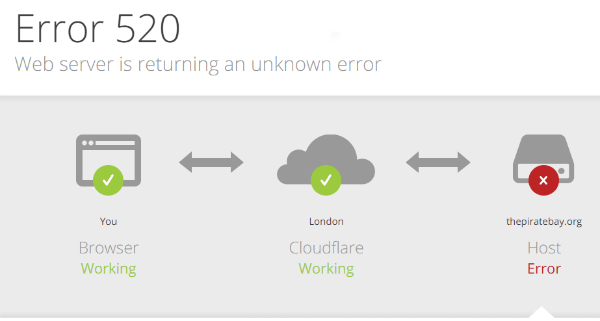Sony & Warner Sue TuneIn For Copyright Infringement in UK High Court
jeudi 9 novembre 2017 à 16:14 When it comes to providing digital online audio content, TuneIn is one of the world’s giants.
When it comes to providing digital online audio content, TuneIn is one of the world’s giants.
Whether music, news, sport or just chat, TuneIn provides more than 120,000 radio stations and five million podcasts to 75,000,000 global users, both for free and via a premium tier service.
Accessible from devices including cellphones, tablets, smart TVs, digital receivers, games consoles and even cars, TuneIn reaches more than 230 countries and territories worldwide. One, however, is about to cause the company a headache.
According to a report from Music Business Worldwide (MBW), Sony Music Entertainment and Warner Music Group are suing TuneIn over unlicensed streams.
MBW sources say that the record labels filed proceedings in the UK High Court last week, claiming that TuneIn committed copyright infringement on at least 800 music streams accessible in the UK.
While TuneIn does offer premium streams to customers, the service primarily acts as an index for radio streams hosted by their respective third-party creators. It describes itself as “an audio guide service” which indicates it does not directly provide the content listened to by its users.
However, previous EU rulings (such as one related to The Pirate Bay) have determined that providing an index to content is tantamount to a communication to the public, which for unlicensed content would amount to infringement in the UK.
While it would be difficult to avoid responsibility, TuneIn states on its website that it makes no claim that its service is legal in any other country than the United States.
“Those who choose to access or use the Service from locations outside the United States of America do so on their own initiative and are responsible for compliance with local laws, if and to the extent local laws are applicable,” the company writes.
“Access to the Service from jurisdictions where the contents or practices of the Service are illegal, unauthorized or penalized is strictly prohibited.”
All that being said, the specific details of the Sony/Warner complaint are not yet publicly available so the precise nature of the High Court action is yet to be determined.
TorrentFreak contacted the BPI, the industry body that represents both Sony and Warner in the UK, for comment on the lawsuit. A spokesperson informed us that they are not directly involved in the action.
We also contacted both the IFPI and San Francisco-based TuneIn for further comment but at the time of publication, we were yet to hear back from either.
TuneIn reportedly has until the end of November to file a defense.
Source: TF, for the latest info on copyright, file-sharing, torrent sites and more. We also have VPN discounts, offers and coupons
 The Pirate Bay has been hard to reach for roughly a day now.
The Pirate Bay has been hard to reach for roughly a day now.
 A decade ago online pirates had more or less free rein in Russia, but much has changed in recent years.
A decade ago online pirates had more or less free rein in Russia, but much has changed in recent years. 
 Last year, the Australian Government’s Productivity Commission published a Draft Report on Intellectual Property Arrangements, recommending various amendments to local copyright law.
Last year, the Australian Government’s Productivity Commission published a Draft Report on Intellectual Property Arrangements, recommending various amendments to local copyright law.